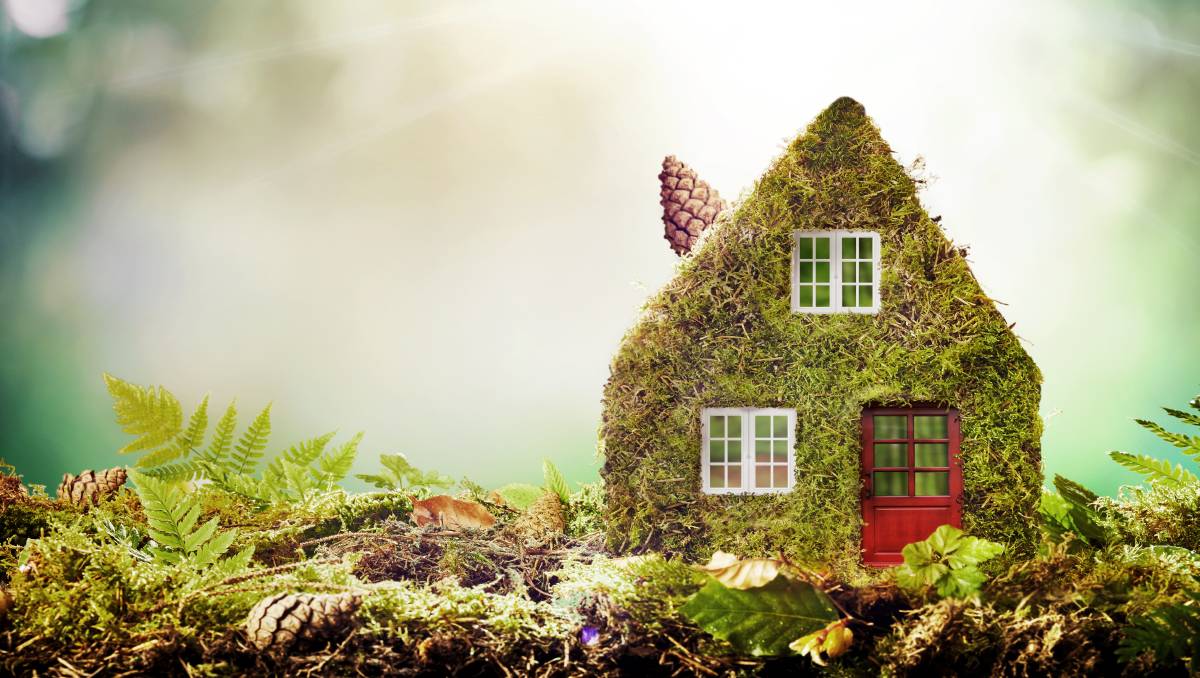
It’s estimated that at some point in the past days, weeks and months, more than one-quarter of the world’s 7.8 billion strong population spent their hours within the limits of their home. Through this process, many activities we might have previously considered ‘high-importance’ have gone out the window.
Sustainable living however, is one area where we simply can’t afford to lose our drive. While these are unprecedented times, it’s important for us to keep up the momentum as we build towards a future where we live in balance with nature.
As one of Australia’s leading environmental behaviour change organisations, Planet Ark helps Australians live environmentally friendly lives. Here are its top tips for living sustainably in a viral new world.
1. Get your green thumb out
Australians have already turned to the backyard, with sales of seeds and seedlings soaring as people look to start, replenish or revive home veggie patches. But vegetables aren’t the only plants that can be fulfilling to grow. There are all kinds of ways you can look at growing something at home, including training vines to grow up a surface or starting a succulent garden.
If you’re wanting to start a vegetable garden or planter box at home, take the time to do it in a way that is sustainable beyond the current situation. Start small and instead of buying up seeds, tend to your space, prepare your soil and aim to start growing a few plants or vegetables.
2. Make sure you’re recycling correctly
With the majority of Australians spending more time at home, household waste has almost certainly risen. Instead of letting it get the better of you, take the extra time to put good systems in place that will help you now and in the future. Find out exactly what your local council accepts in kerbside recycling, work out a space to store your soft plastics to return to REDcycle drop-offs when visiting the supermarket and keep recycling to the best of your ability. Also look out for the Australasian Recycling Label on packaging and while shopping.
3. Start composting
According to findings from the National Food Waste Baseline announced in 2019, Australian households produced about 2.5 million tonnes of food waste in the 2016-17 year. So what can we do better? Having your own compost bin, compost heap, worm farm or Bokashi bucket is a cheap, rewarding way to recycle your food scraps and garden cuttings. Worm farms can be kept in courtyards, balconies or even inside if space is limited, and many councils and community gardens provide online composting and worm farming resources to help you get started.
4. Get creative with DIY projects
Extra time at home provides us with a fantastic opportunity to exercise some creative flair and try being more circular at home. Creative reuse and recycling are key elements of any circular economy and there’s no reason we can’t get among the action during our time indoors. Check out Planet Ark’s Reuse Hub for ideas and tips to get you started, as well as information on collaborative consumption.
5. Connect with nature in new ways
There are so many ways nature can help us through challenging times. Planet Ark research shows time in nature enhances and grows the key areas in life that Australians consider the most important for a fulfilling life – health, happiness, learning, relaxation and relationships. While heading anywhere other than your own backyard can be tricky right now, this time gives us the opportunity to explore other means of connecting with nature and widening what it means to us.
6. Set up a sustainable workspace
Now the distinction between home and office is all but gone, make sure you are doing the type of sustainable activities you would do in the office at home. Simple things like putting aside printer cartridges to be recycled, choosing high-quality recycled office paper, and setting up extra recycling bins for items like soft plastics and batteries.
Furthermore, research has shown exposure to plants in the office has a positive effect by boosting mood and productivity. The use of wood has also proved to have similar effects. Even if you’re sitting at the dinner table or crammed into a study nook, introducing house plants and timber can help you get through the day more effectively.
